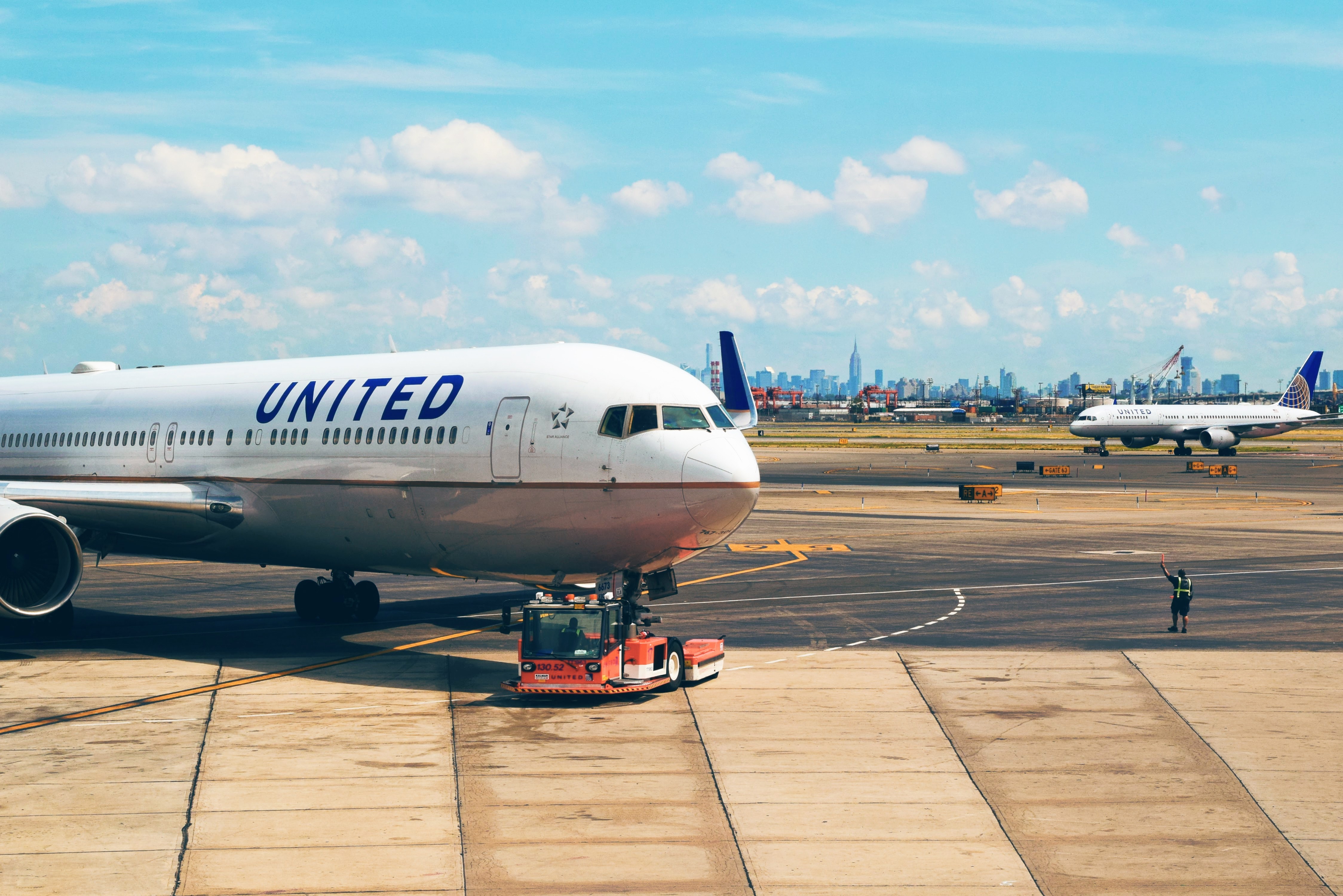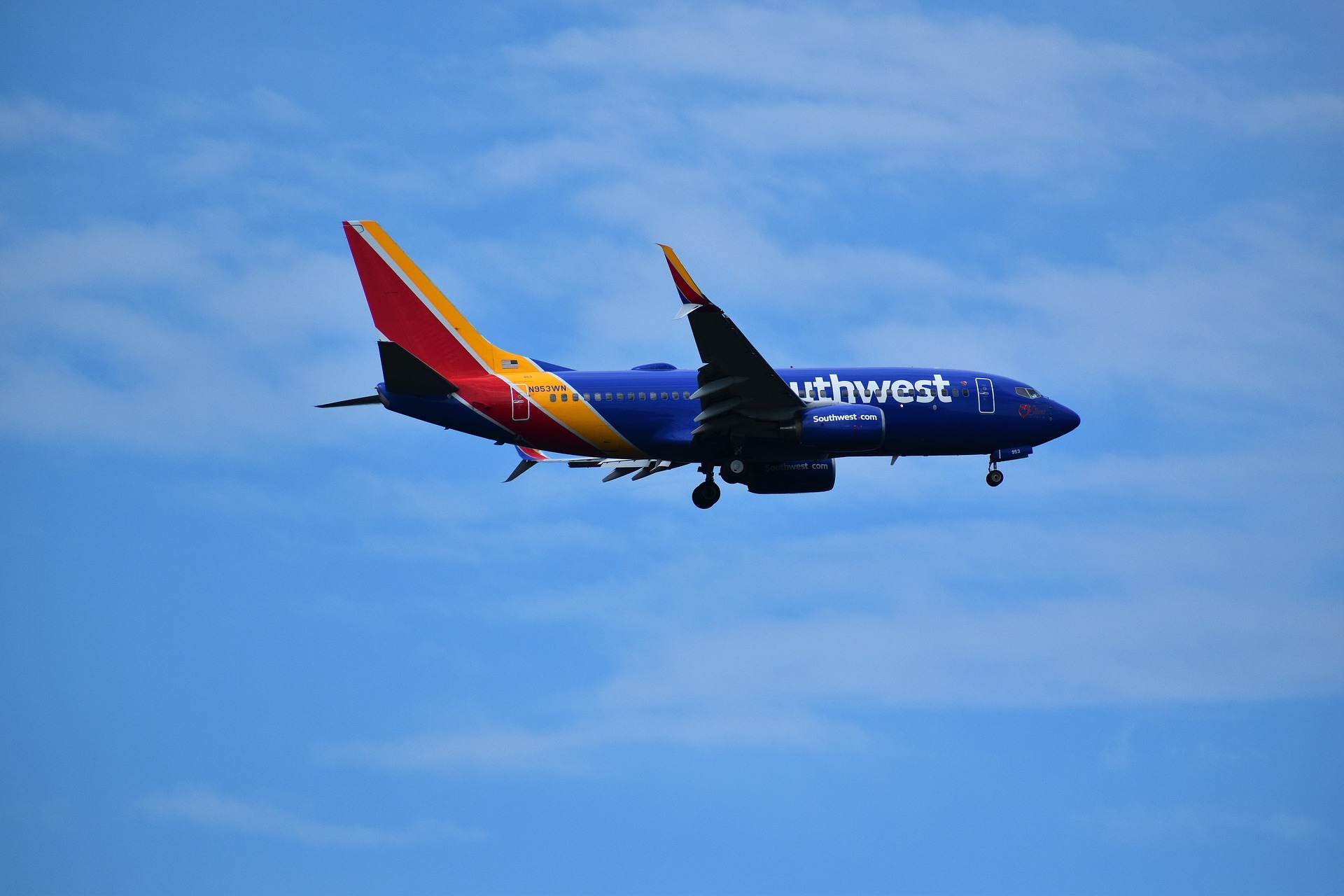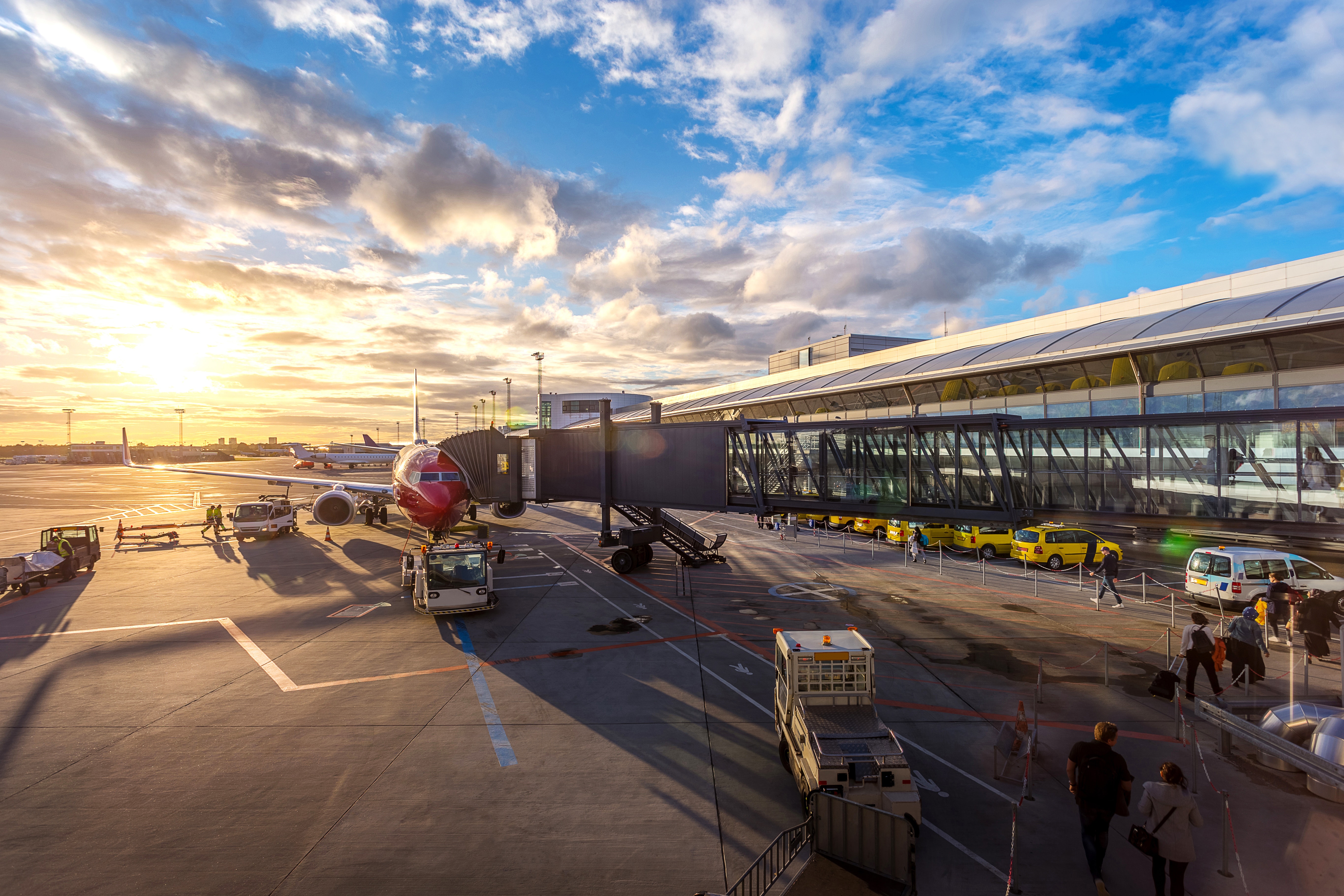The Department of Transportation is launching an effort to set new rules for the aviation industry that would require airlines to compensate passengers when disruptions occur under the airlines’ control. The scope of these rules, for the first time, would require airlines to not only compensate passengers for tickets, but to cover expenses incurred like meals, hotel stays or rebooking if an airline causes a cancellation or significant delay.
GW faculty experts are available to offer insight, commentary and analysis on the DoT’s latest initiative to improve the passenger experience as we head into an anticipated busy summer travel season. If you would like to speak with an expert, please contact GW Media Relations Specialist Cate Douglass at cdouglass gwu [dot] edu (cdouglass[at]gwu[dot]edu).
gwu [dot] edu (cdouglass[at]gwu[dot]edu).
Larry Yu is a professor of hospitality management at the GW School of Business. Professor Yu’s current research focuses on hotel market analysis, tourism product value chain analysis, tourist satisfaction and hospitality crisis management. The European Union already requires airlines to provide cash compensation for travelers; Yu can discuss the Compensation Requirements set by the EU and whether there’s evidence of a relationship between Compensation Requirements and improvement in customer service and flight on-time performance. He can also discuss the challenges that may come with determining cancellations and delays caused by airlines as well as how the industry will respond to the proposed new rules.
Jungho Suh is a teaching assistant professor of management at GW Business. His areas of expertise include service management, diversity, equity, and inclusion (DE&I), entrepreneurship, human resource issues in the service industry, sustainability & ESG reporting in the travel industry, digital platforms in tourism & hospitality, and gastronomy tourism. Suh has been following the disruptions in air travel, especially over the last year due to service failures or staffing issues. He can discuss the latest steps industry and government are taking to address improving customer experience and increasing transparency.
"In a broader sense, the Biden administration’s proposal to require airlines to compensate passengers for flight cancellations or significant delays will be a momentous course correction in the U.S. business ecosystem. Public infrastructure privatization of many business sectors has been prevalent in the U.S. economy for decades. In the name of maximization of efficiency, business leaders and policymakers have expanded privatization efforts even in essential public services and social infrastructures. Conversely, the World Economic Forum's research findings demonstrate that the United States' efficiency of air transport services is mediocre (or worse) compared to those of 19 other developed countries," Suh says.
"Moreover, such privatization endeavors have exposed the noticeable distinction between the haves and the have-nots. Healthcare services/insurance systems and public transportation - which are of poor quality compared to those of OECD countries - are cases in point. The harmful effects of the wealth gap are featured in the customer experiences with US Airlines' below-average services. In collaboration with the Department of Transportation, the Biden administration's current proposal should pave the way to alleviate the adverse effects of privatizing vital social infrastructures through government intervention, benefiting the vast majority of people traveling on commercial airlines."
-GW-






